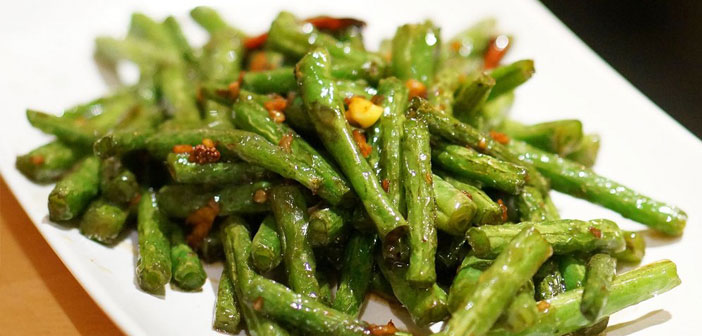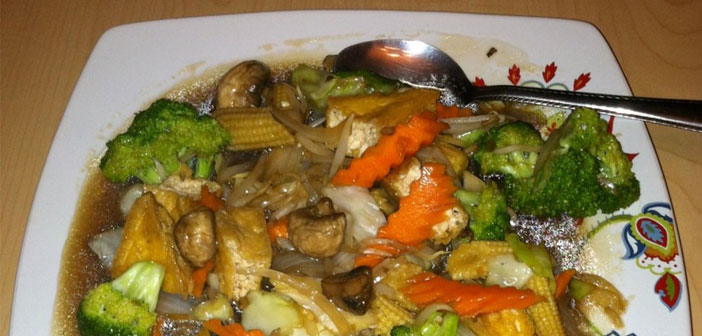Potatoes: Healthy or Unhealthy?
Carbohydrate Content:
Potatoes are a rich source of carbohydrates, and their glycemic index (GI) can vary depending on the type and cooking method. Boiled or mashed potatoes have a higher GI compared to baked or roasted potatoes. High GI foods can cause a rapid increase in blood sugar levels, which can be a concern for individuals with diabetes or insulin resistance.
Glycemic Load:
Despite their relatively high carbohydrate content, potatoes have a moderate glycemic load (GL). GL considers both the GI and the amount of carbohydrates in a serving. A medium-sized boiled potato has a moderate GL, which means it is less likely to cause a significant spike in blood sugar levels.
Resistant Starch:
Potatoes, especially when cooked and cooled, can contain resistant starch, a type of dietary fiber that is not digested in the small intestine. Resistant starch has various health benefits, including improving gut health, promoting satiety, and enhancing insulin sensitivity.
Potassium:
Potatoes are a good source of potassium, a mineral essential for maintaining fluid balance, regulating blood pressure, and supporting muscle function. A medium-sized potato with skin provides around 925 milligrams of potassium, contributing to the daily potassium requirement.
Fiber:
Potatoes, particularly the skin, contain dietary fiber, which is important for gut health, satiety, and reducing the risk of chronic diseases. The fiber content can vary based on the cooking method, but leaving the skin on and opting for cooking methods that preserve nutrients, such as baking or roasting, can maximize the fiber intake.
Vitamin C:
Potatoes are a source of vitamin C, an antioxidant involved in immune function, collagen synthesis, and iron absorption. Vitamin C is relatively heat-stable, so cooking methods like boiling, steaming, or microwaving can preserve its content.
It is important to note that the nutritional value of potatoes can be influenced by how they are prepared. Adding high-fat toppings or deep-frying potatoes can significantly increase calorie content and negate their potential health benefits.
In conclusion, potatoes can be considered a healthy addition to a balanced diet when consumed in moderation and prepared in healthier ways, such as baking or roasting. Balancing portion size, choosing nutrient-rich cooking methods, and incorporating them as a part of a varied diet is key to reaping their nutritional benefits.
-
1200 Calorie Vegetarian Diet
At the first glance, 1200 might seem like a big number. Do you know th
-
Vegetable Paella
-
Raw Vegetable Diet
Eating healthy is a way to healthier life. Our health and normal body
-
Greek Chickpeas and Spinach
-
Advantages and Disadvantages of Being Vegetarian
Today, vegetarian diets have gained extreme popularity all over the gl
-
Vegetarian Diets that Work Fast for Women
When I first told people I turned vegetarian during the weekdays and a
- Vegetable Dishes
- Asian Veggie Wraps with Dipping Sauce
- Summer Vegetable Saute
- Cabbage and Potato Saute
- High Protein Foods for Vegetarians
- Advantages and Disadvantages of Being Vegetarian
- 1200 Calorie Vegetarian Diet
- Balanced Vegetarian Diet
- Know the Main Advantages and Disadvantages of Being a Vegetarian
- Zen Monk Diet
- Curried Cauliflower and Potatoes



